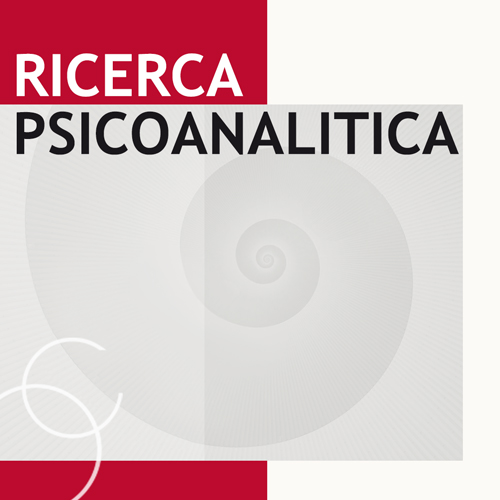Subjectivity, Epistemology, Clinical Theory, and More: Reply to Commentaries by Barbieri, Bertoli and Mazzoleni

All claims expressed in this article are solely those of the authors and do not necessarily represent those of their affiliated organizations, or those of the publisher, the editors and the reviewers. Any product that may be evaluated in this article or claim that may be made by its manufacturer is not guaranteed or endorsed by the publisher.
I am grateful for the responses of Giuliana Barbieri, Silvia Bertoli and Anna Lisa Mazzoleni, as well as to Fabio Vanni and the editors of this Journal for the opportunity to present my paper and to respond to my colleagues" insights. They take up a very wide array of implications and complexities involved in theorizing intersubjectivity and the vicissitudes of the therapeutic action of psychoanalysis. Here is an incomplete list: idealization; self-idealization by analysts; the nature of attunement, and its particular relationship to imitation; the relationship between behavior and motivation; memory; mirror neurons; the strengths and weaknesses of applying infancy research to psychoanalysis; psychoanalytic epistemology; implicit knowledge; the many forms of analytic therapeutic action; and more. It is a great privilege for an author to have so many directions noted in response to a paper, especially in such a richly informed and consistently dialogical manner. I will take up the three comments in turn.
PAGEPress has chosen to apply the Creative Commons Attribution NonCommercial 4.0 International License (CC BY-NC 4.0) to all manuscripts to be published.


 https://doi.org/10.4081/rp.2020.288
https://doi.org/10.4081/rp.2020.288





